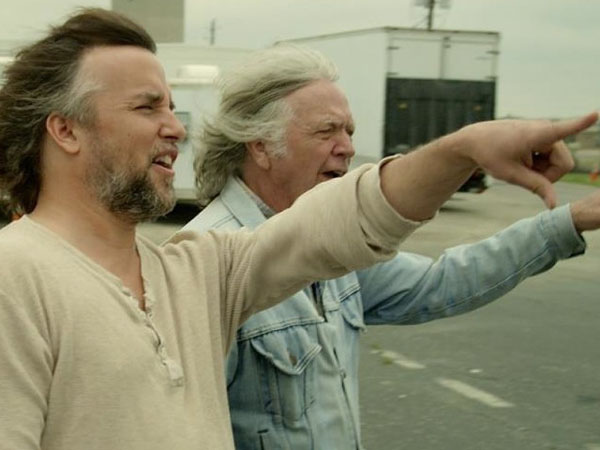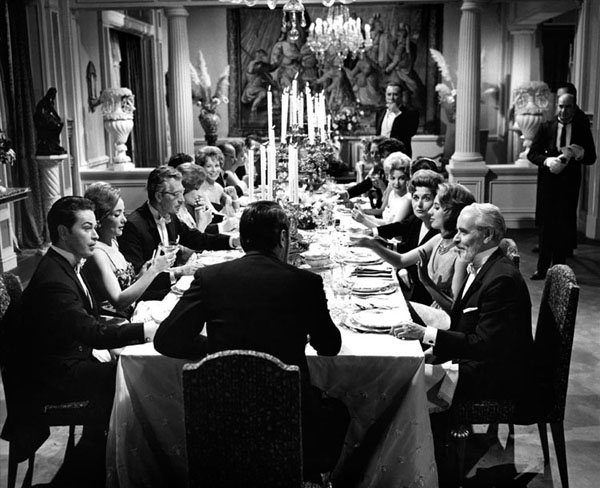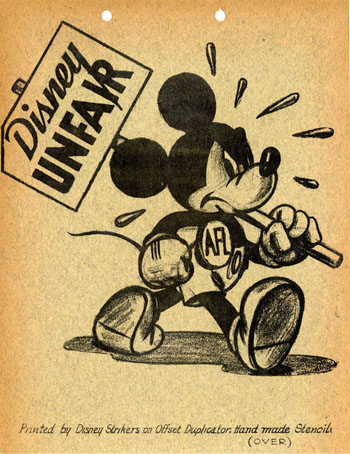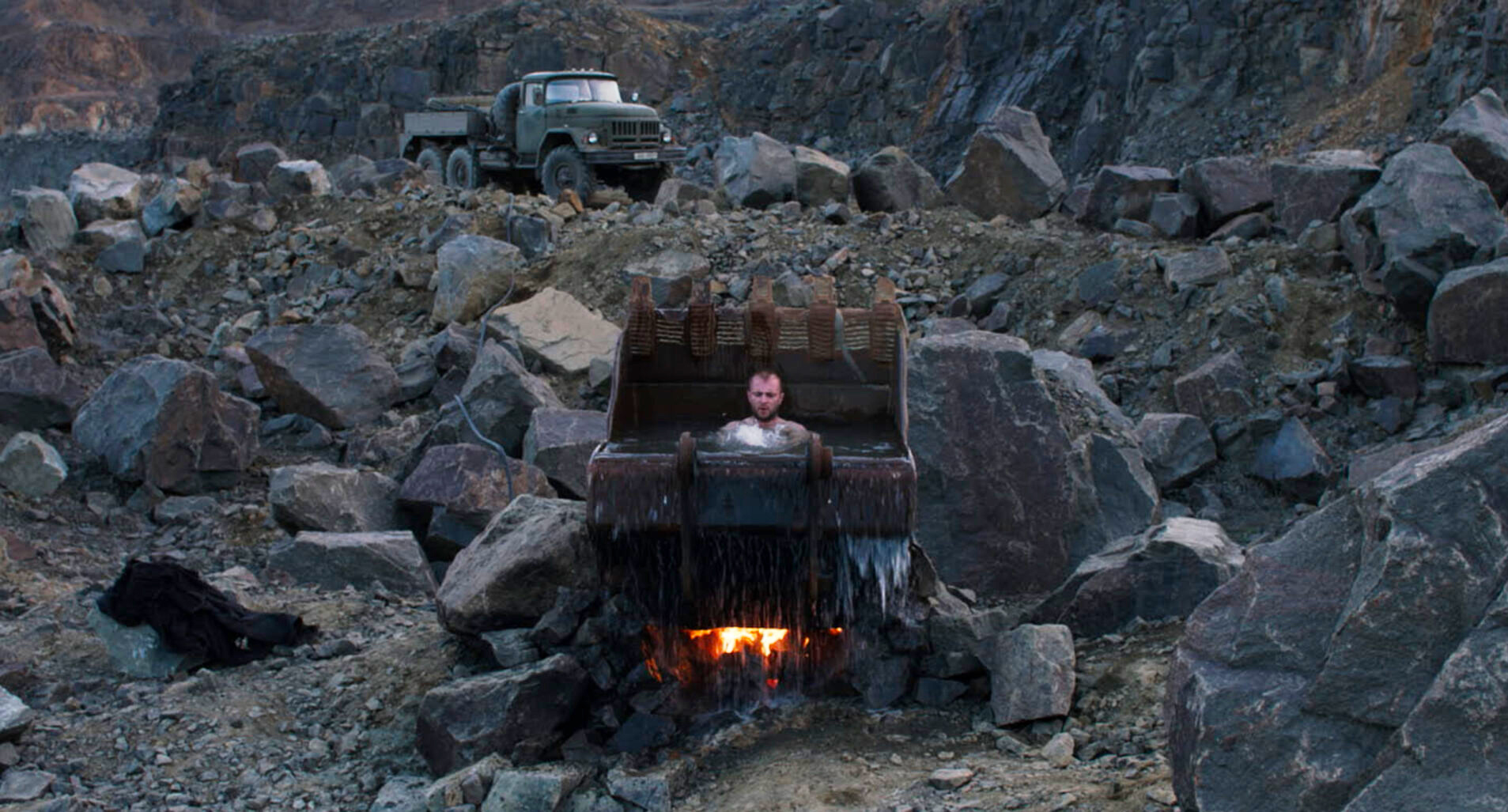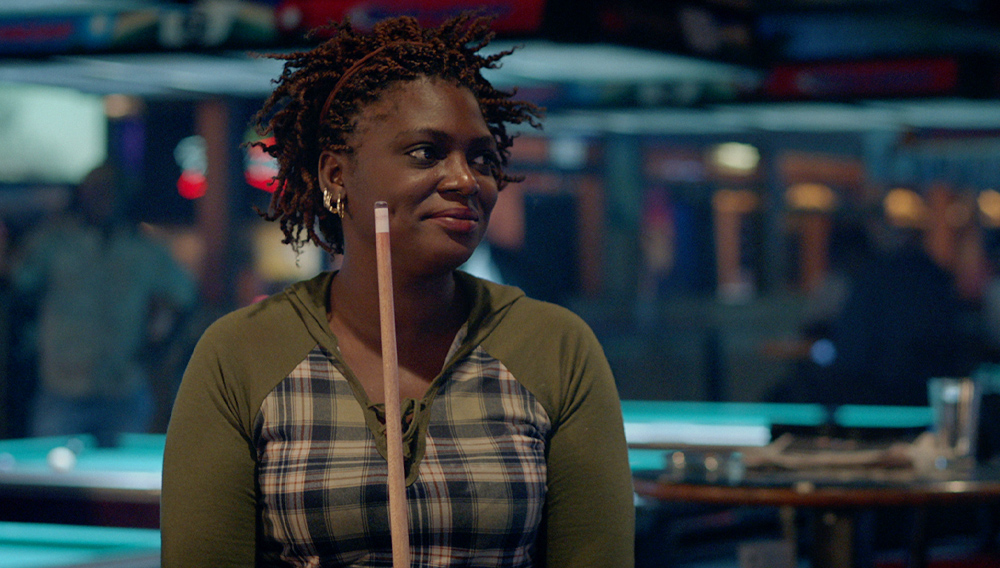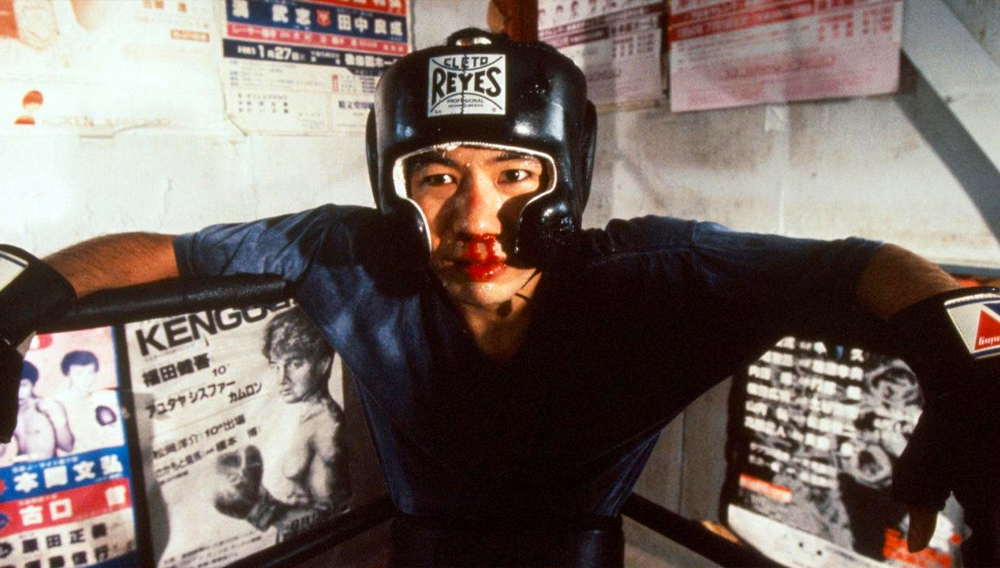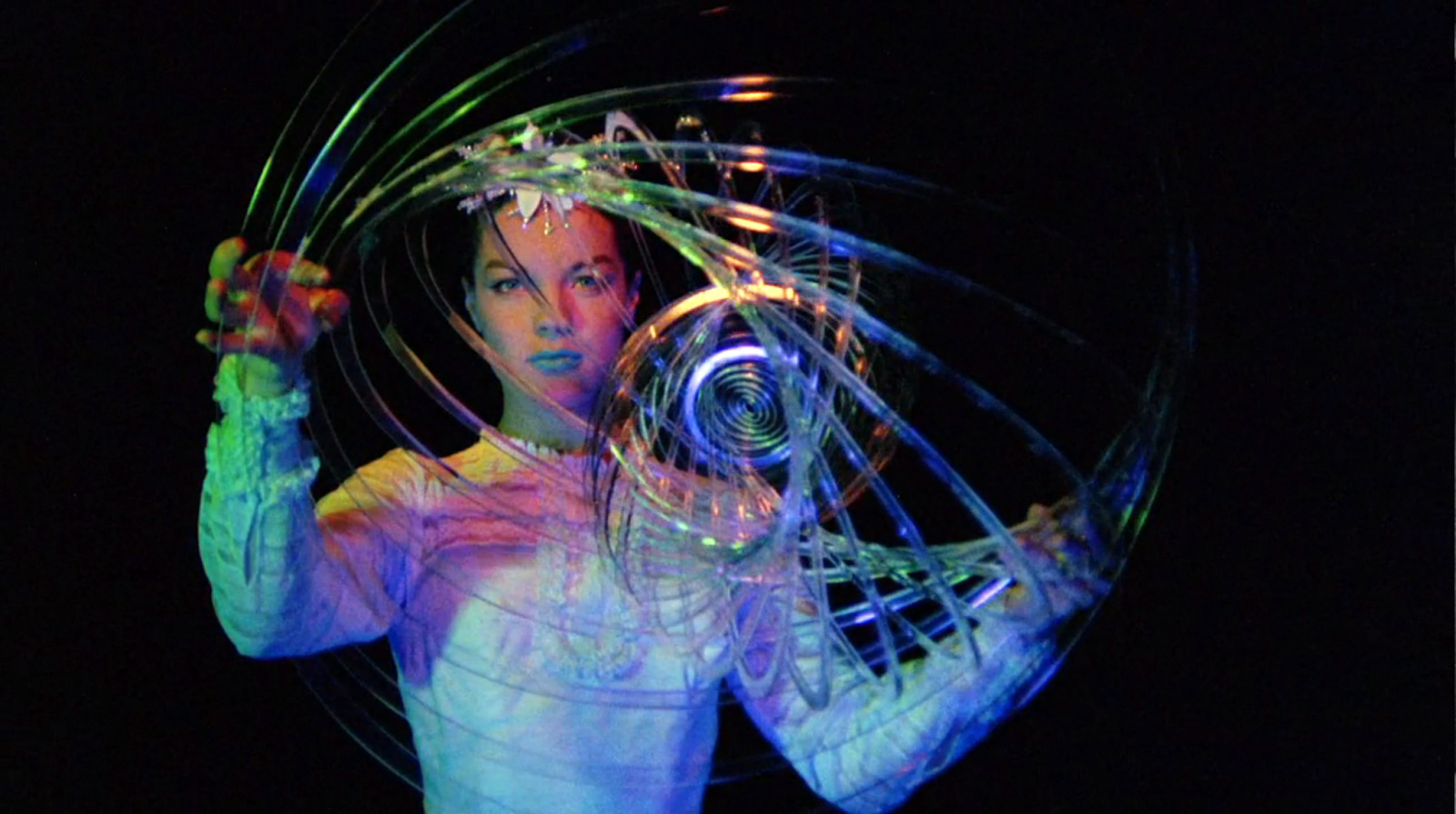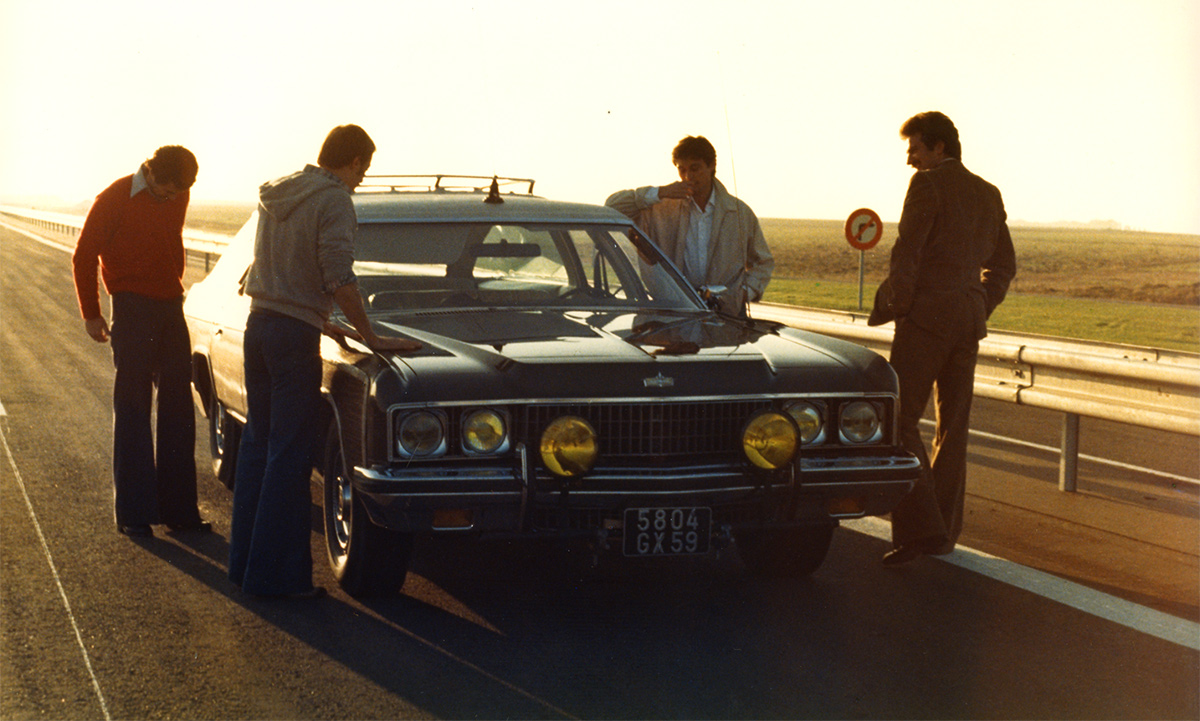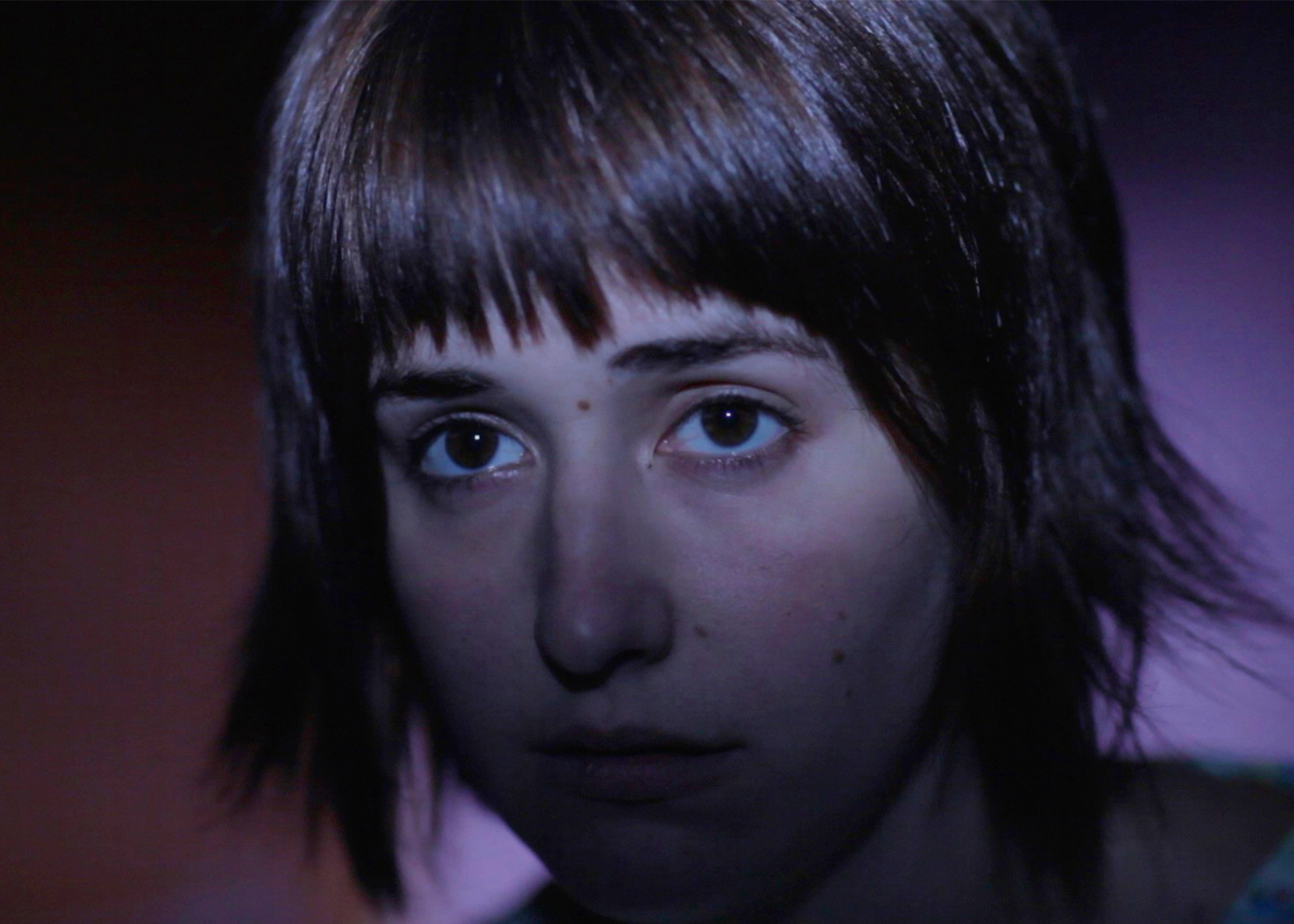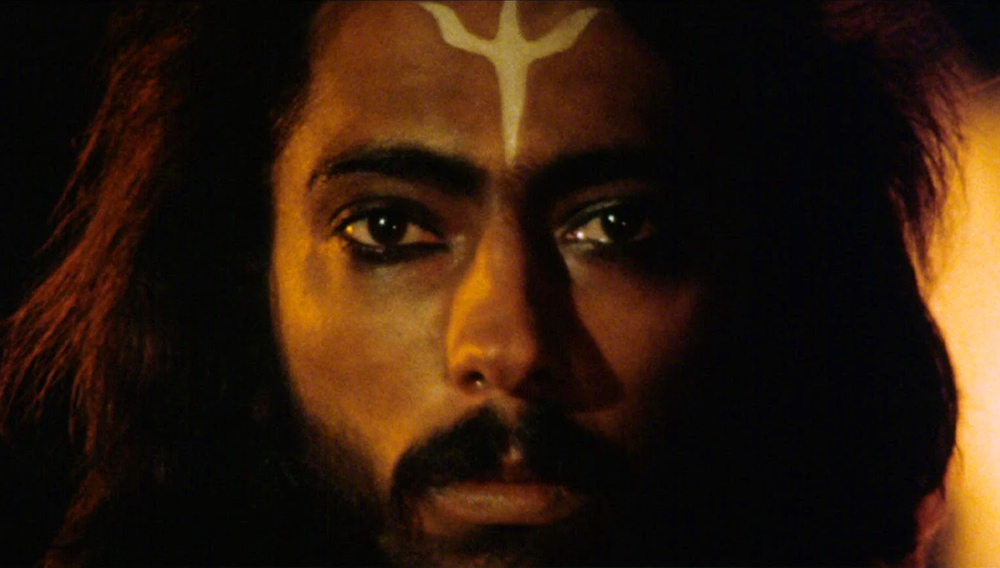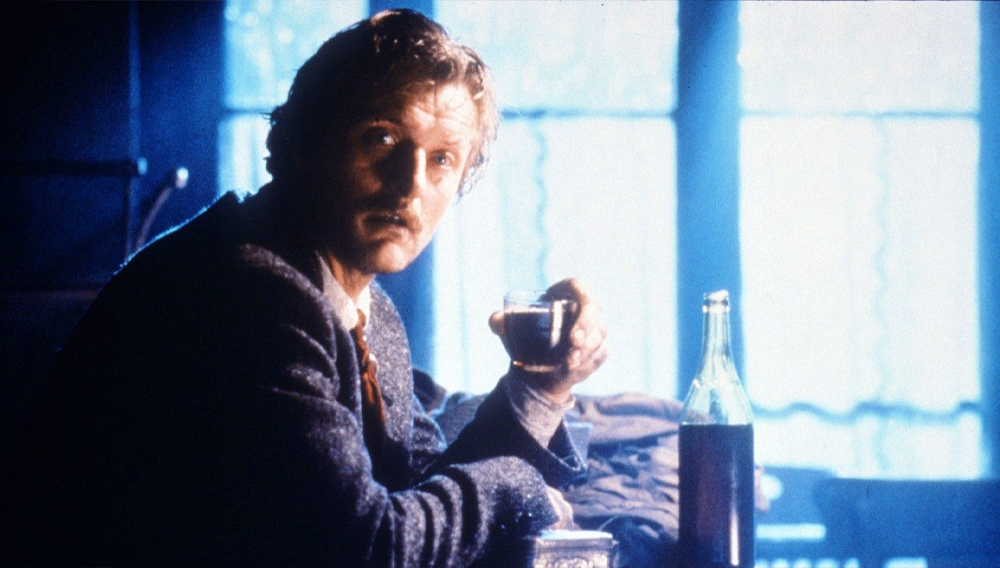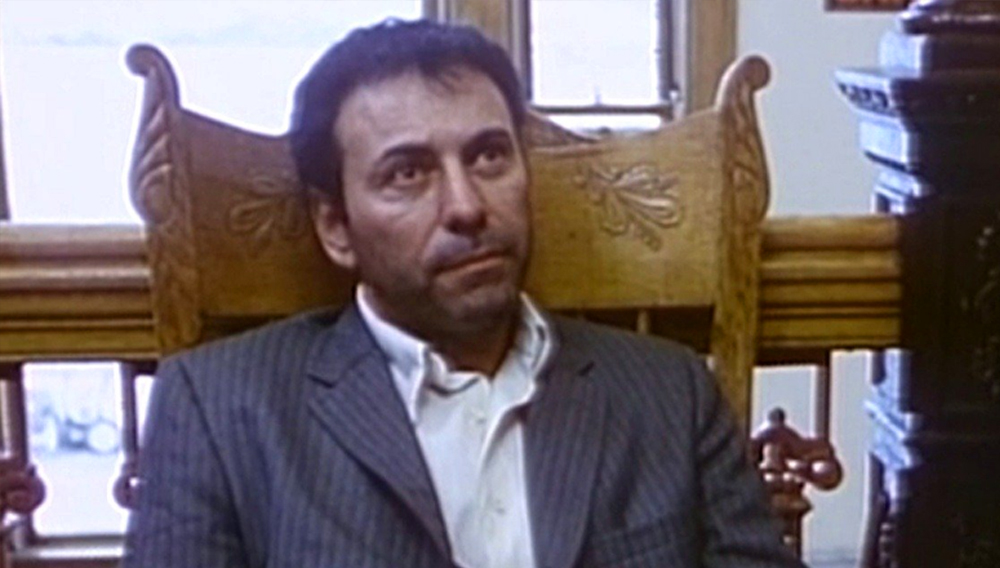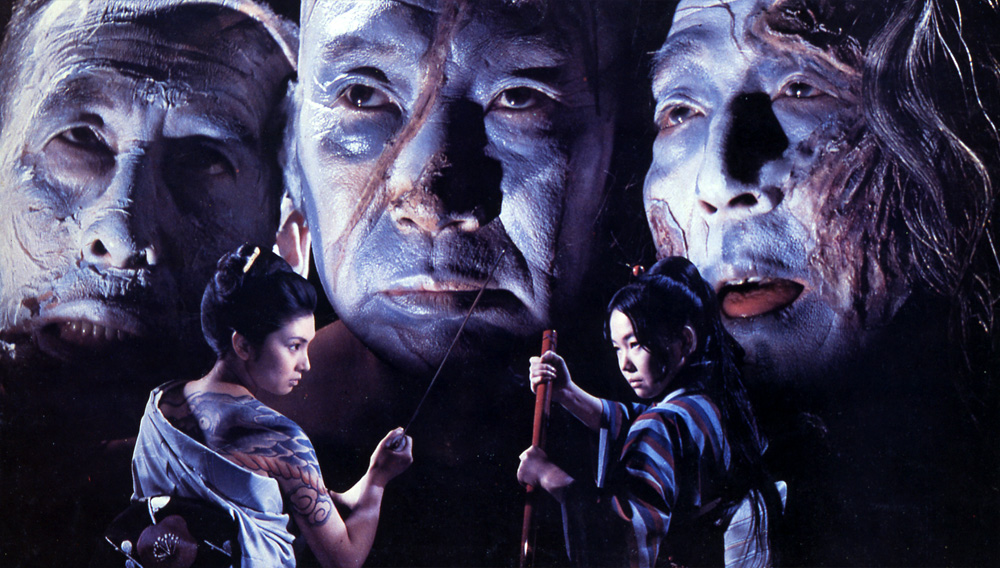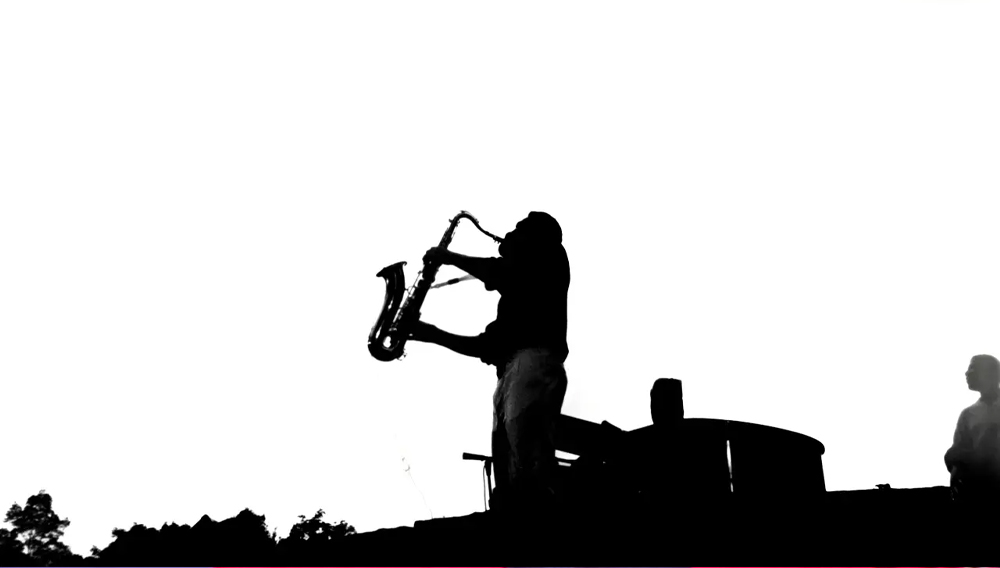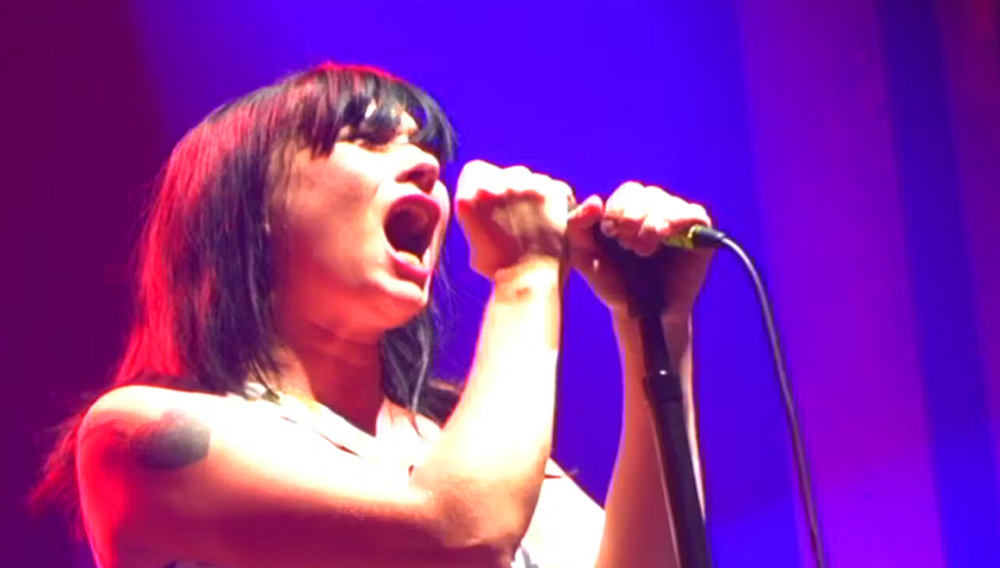Since mid-May, there’s naturally been quite a bit going on besides Cannes. I’ve sorted through the stacks and done some serious paring; here’s what we shouldn’t let pass without notice.
First off, with just over a week to go, Gabe Klinger’s coming very close indeed to meeting his goal in the Kickstarter campaign he’s launched to complete his documentary Cinéma, de notre temps: James Benning and Richard Linklater. In a piece for Filmmaker, he recalls meeting both directors for the first time and eventually getting this project on its feet. A few related notes. First, Making Light of It has collected around 20 interviews with Benning. And the Austin Chronicle‘s Richard Whittaker reports that Linklater “has lost his lawsuit against his insurance company after they refused to cover the loss of his filmmaking archive.” Which, as you’ll see in the story, was substantial. There will be an appeal. Meantime, as Ben Sachs notes in the Reader, Gabe will be hosting the Chicago premiere of Benning’s Easy Rider (2012) tomorrow evening.
Abbas Kiarostami tells the Hollywood Reporter‘s Clarence Tsui that the students he teaches in Tehran are not only finding it more and more difficult to turn in new work, many of them can’t swing tuition anymore, either. “Without referring to specific political events or figures, Kiarostami said the situation in Iran has ‘never been this dark.’ He added: ‘And we have huge question marks in front of us now—some miracles should happen in Iran to save the nation.’ The director expressed hope that the upcoming presidential elections will bring about the miracle he is hoping for. ‘If I say [it won’t help], it would show I’m a pessimist,’ he said.”
Mark Dery in the Thought Catalog: “Written (with the help of his ‘attentive listener and scrupulous recorder’ Jean-Claude Carrière) in a chatty, affable style, My Last Sigh, like Buñuel’s Surrealist drawing-room comedy The Exterminating Angel, time-stretches a dinner party, although this one, unlike the one in the movie, is an unalloyed delight: all the other guests have moved into the salon and we’re alone at the dinner table with an accomplished raconteur, mellowed by a martini or three.”
Via Catherine Grant comes word of a new issue of Frames Cinema Journal focusing on promotional materials.
In the new issue of Interiors, Sean Durkin discusses his use of space in Martha Marcy May Marlene (2011).
Elsa Lanchester “is only on screen for ten minutes or so in The Bride of Frankenstein, but it is enough to seal her immortality,” writes Dan Callahan in the Chiseler, where you’ll also find the second part of a three-part essay on Robert Mitchum by Imogen Smith—and John Strausbaugh on the fleeting fame of Harry Richman, who “personified the Roaring Twenties. He was the sleek, rakish, vaguely smarmy bon vivant in top hat and tails who was enjoying the decade’s non-stop party as much as you were.”
David Davidson‘s post Andrew Sarris‘s translation of Jacques Becker, Jacques Rivette, and François Truffaut‘s interview with Howard Hawks for the February 1956 issue of Cahiers du Cinéma.
“Film director William Witney changed the way movie punches were thrown,” writes R. Emmet Sweeney at Moving Image Source. “It has become a cliché to say that fight scenes are like dances, but for Witney this was just common sense.”
In Film International, Christopher Sharrett presents a reevaluation of William Wyler‘s The Best Years of Our Lives (1946).
In 1962, Donald Sutherland wrote an admiring piece on the work of Stan Brakhage for Film Culture.
Back to the Chicago Reader, where Ben Sachs talks with Dan Sallitt about his days as a film critic, the music he makes, and of course, his remarkable film, The Unspeakable Act.
Paul Ramaeker and Kyle Kontour consider Danny Boyle‘s comments on “the Pixarification of Movies.”
Calum Marsh for Hazlitt on Paul Verhoeven: “Showgirls [1995], as certain critical circles have begun to embrace, is not ‘so bad it’s good.’ Showgirls is good, or perhaps great, full stop.” And “Hollow Man [2000], though perhaps in many ways an artistic failure, is nevertheless as interesting as one might expect a Paul Verhoeven film to be.”
“Disney’s transformation of reality into a screened plaything is central to our children’s apparent tendency to relate to the world through smaller and smaller screens, and seeming to care less about the implications of our realities,” argues David Thomson in the Independent.
“To this day, Pretty Polly [1967/68] and The Virgin Soldiers [1969] are the only Hollywood studio-backed films to be shot in Singapore,” writes Ben Slater, who’s taking a close look at both films, in part to chart “how the dream of Singapore as a cinematic gateway to Asia quietly died.”
In other news. Maggie Cheung‘s “been named the Ambassador for the 50th anniversary of the Golden Horse Awards (the Chinese language equivalent of the Oscars),” notes Nathaniel Rogers, who’s also posted a video (3’07”) in which the likes of Hou Hsiao-hsien, Johnnie To, Ang Lee, Shu Qi, Tony Leung Chiu Wai, and Tony Leung Ka-Fai reflect on what the awards have meant to them. “The best news is that elusive Maggie has shot a one minute commercial (though we hope it’s more like an abstract short film) with the acclaimed director Hou Hsiao-Hsien and cinematographer Lee Ping Bing (the cinematographer of In the Mood for Love!).”
“For the last twenty years, every director in China has faced a kind of tremendous torment, and that torment is censorship.” That’s Feng Xiaogang, shaking things up last month and opening, as the New Yorker‘s Evan Osnos puts it, “a new chapter in the Chinese debate about whether Party censorship can endure in a society that has an unprecedented awareness of what it is missing.”
Meantime, “Zhang Yimou was named artistic director of the private Chinese shingle Le Vision Pictures at a gala event in Beijing on Monday.” Clifford Coonan reports for Variety.
“Pen-ek Ratanaruang, one of the most celebrated Thai filmmakers of the panorama, is back with Paradoxocracy, a documentary about Thailand’s modern political history,” announces Pierre Hombrebueno at Twitch.
Joe Swanberg‘s Drinking Buddies with Olivia Wilde, Jake Johnson, Anna Kendrick and Ron Livingston rolls out this summer, but “it’s far from the last Swanberg movie that will screen in 2013,” notes Eric Kohn. “His Jane Adams-starring drama All the Light in the Sky comes out this fall, and he’s currently editing two features, including the previously reported low budget production 24 Exposures. Additionally, Indiewire has exclusively learned that Swanberg shot another movie last December that, like Drinking Buddies, unites several familiar faces for an intimate story. Tentatively called Happy Christmas, the Chicago-set production reunites the filmmaker with Kendrick as well as Girls creator Lena Dunham, Melanie Lynskey and Mark Webber.” And get this: it’s been shot on on Super 16mm.
Obit. “It would hardly be an exaggeration to call Peter Thompson the best Chicago filmmaker you never heard of,” wrote Jonathan Rosenbaum in a piece for the Fall 2009 issue Film Quarterly. Thompson passed away on Thursday. He’d asked Rosenbaum to write his obituary. He has now, beautifully, of course, though it didn’t come easily: “I come from and belong to the Faulknerian school of long sentences and winding drifts while Peter himself was a master of concision and economy even while he was cramming entire lives and many different worlds into each of his films.”
More browsing? The Film Doctor presents a fifth anniversary batch of links (congrats!); and you’ll find more from Mike Everleth and John Wyver.
For news and tips throughout the day every day, follow @KeyframeDaily on Twitter and/or the RSS feed. Get Keyframe Daily in your inbox by signing in at fandor.com/daily.

